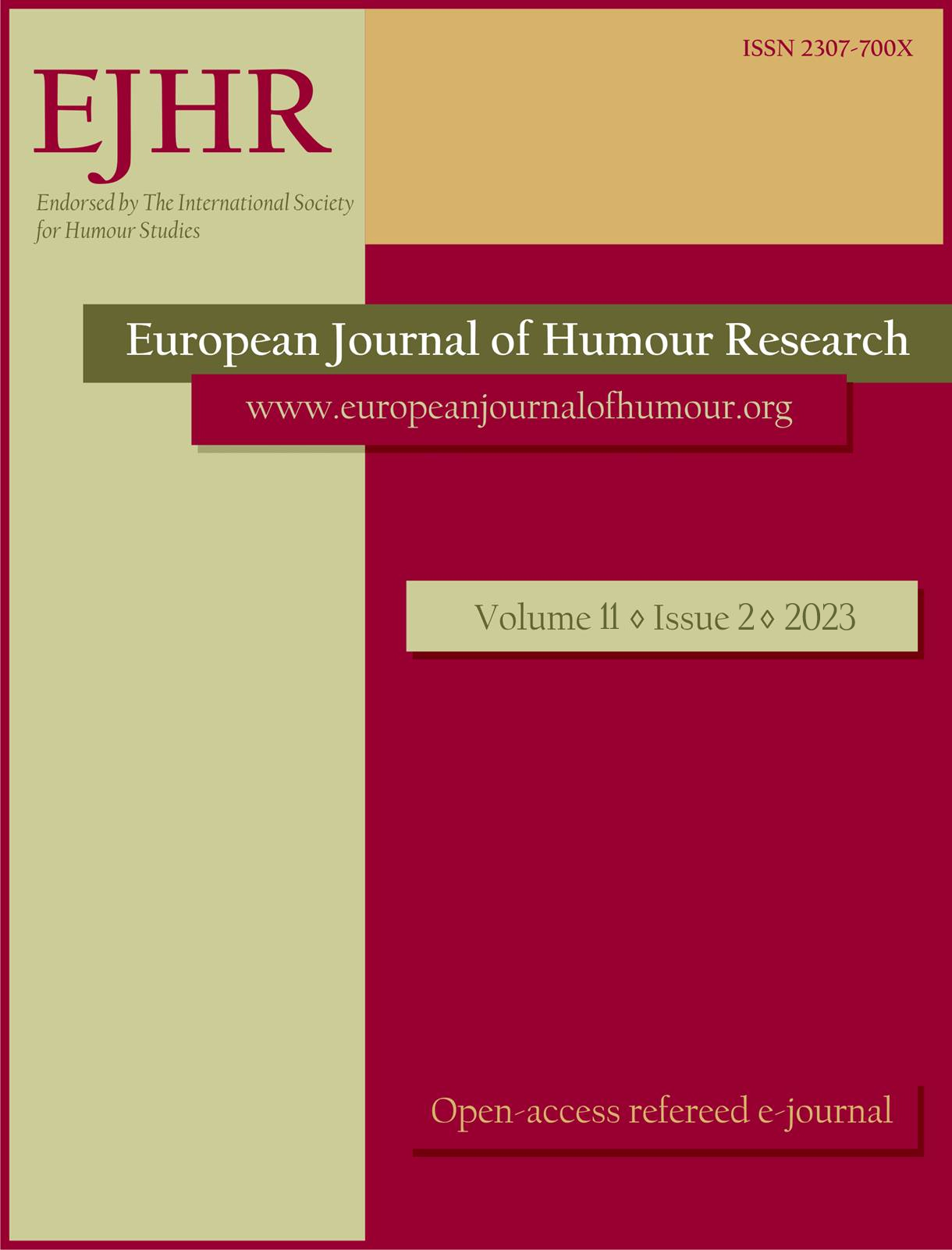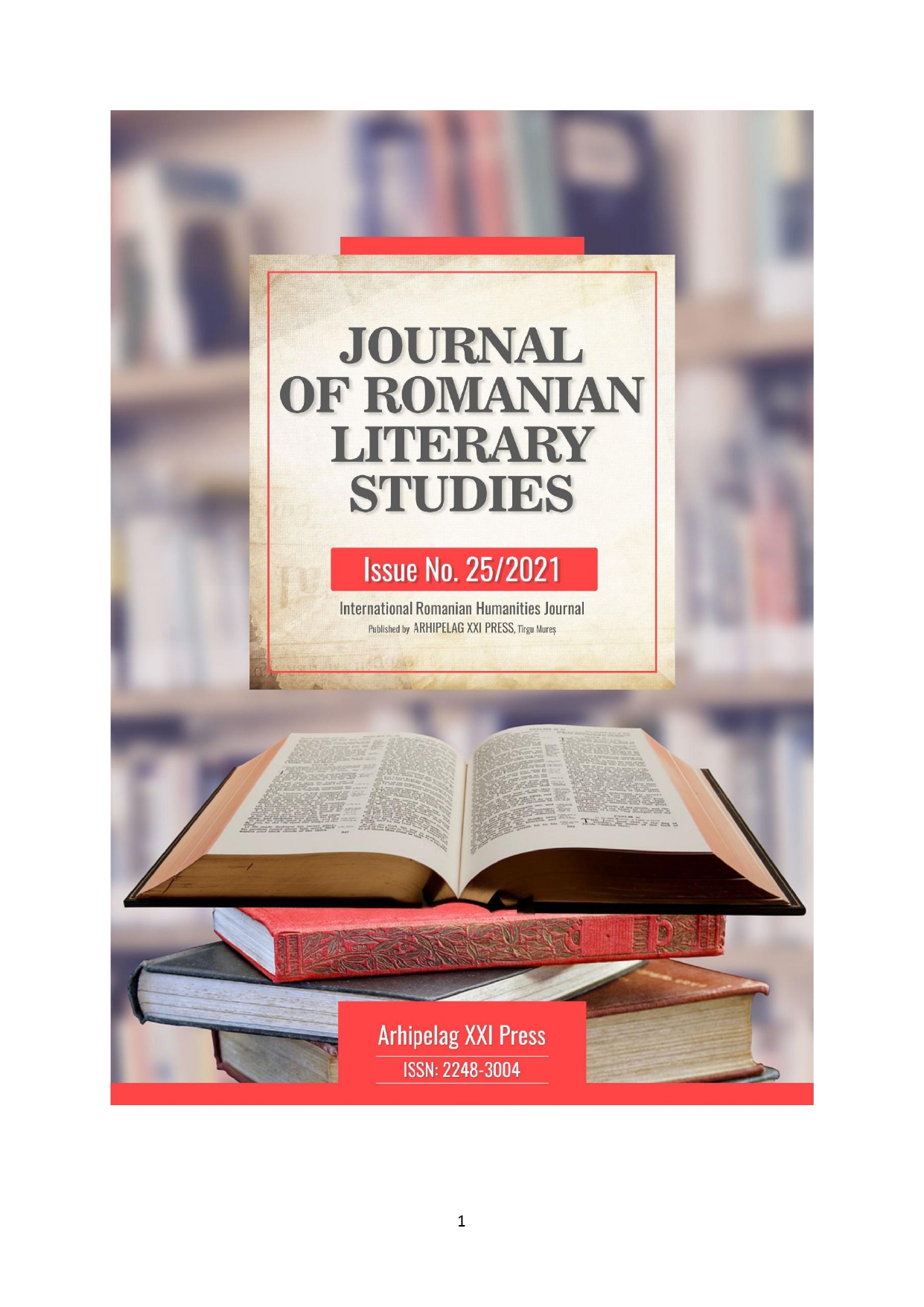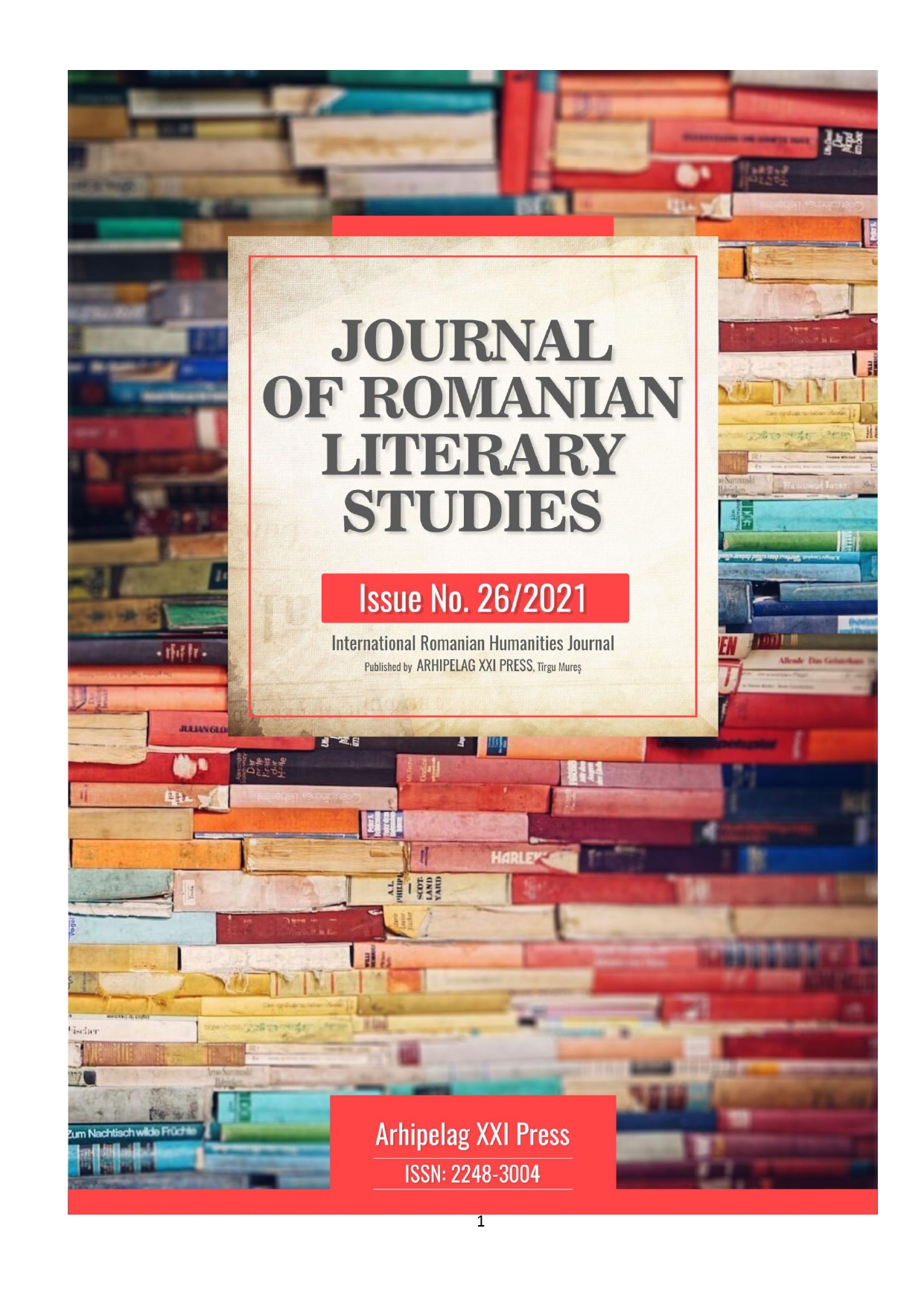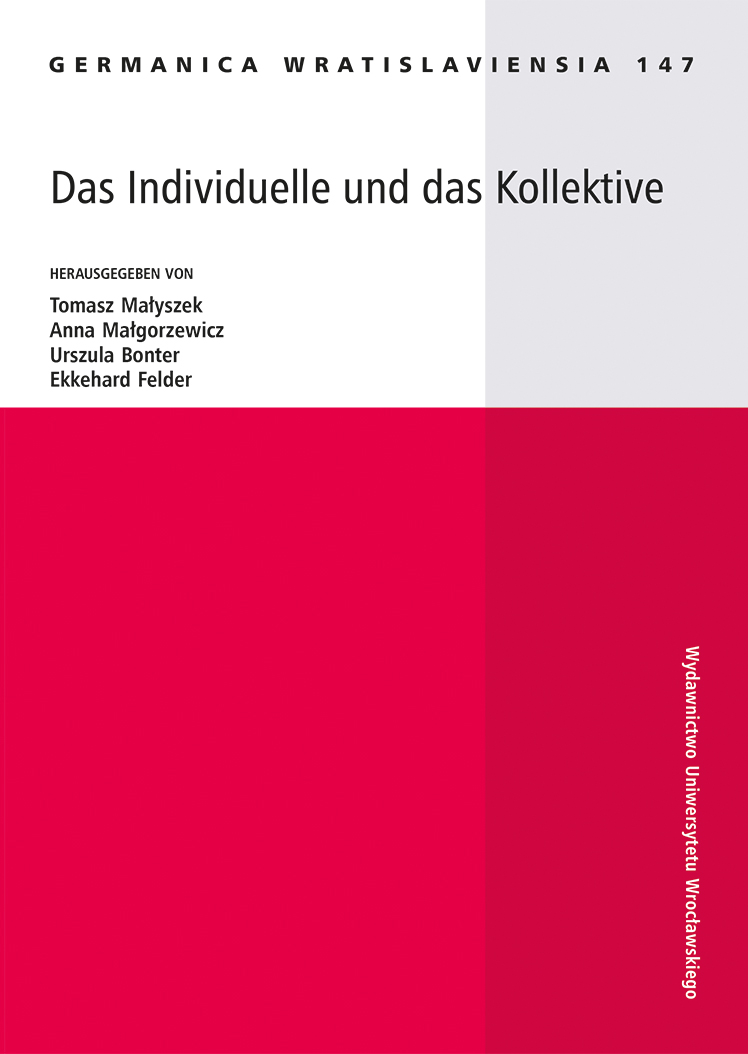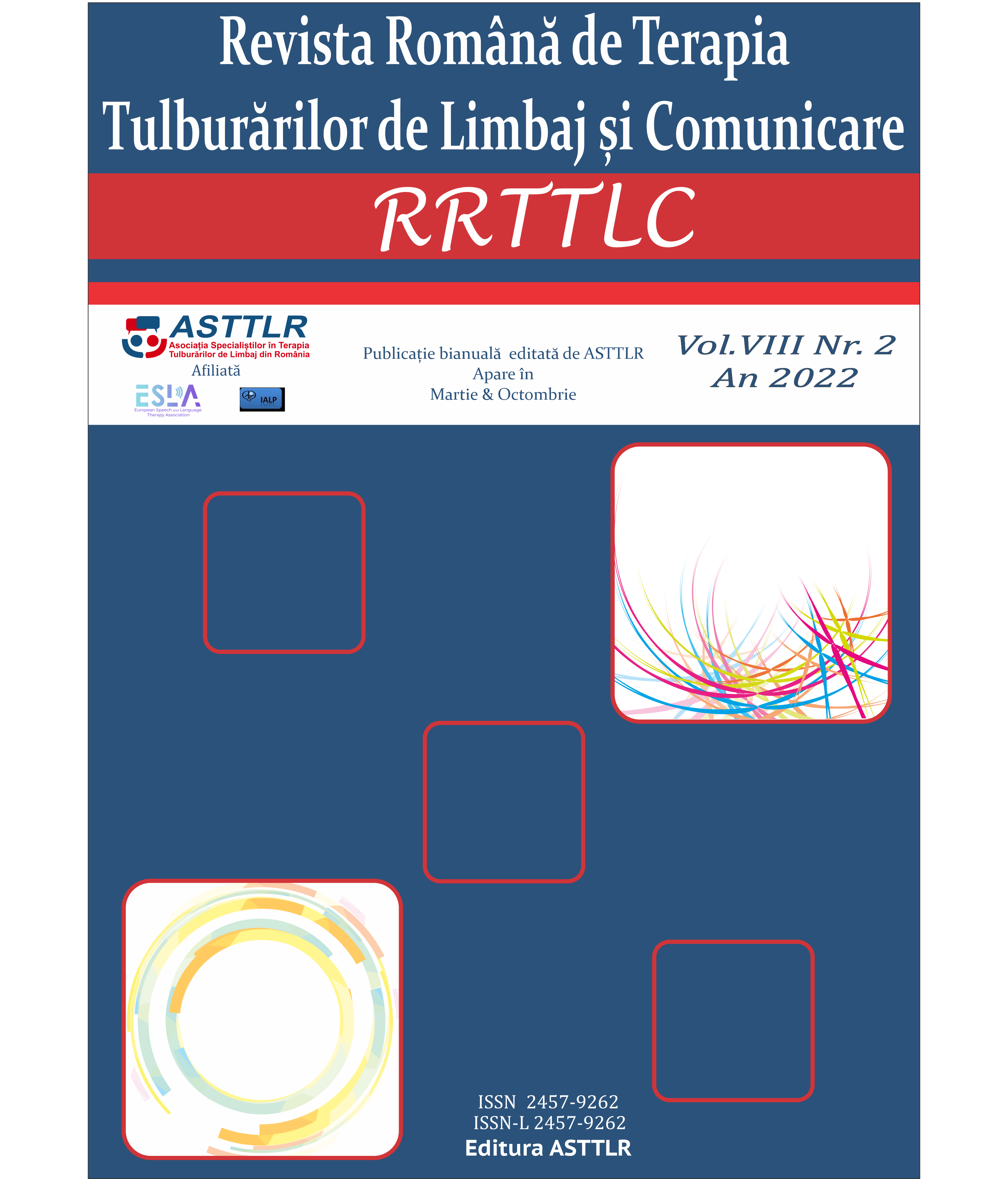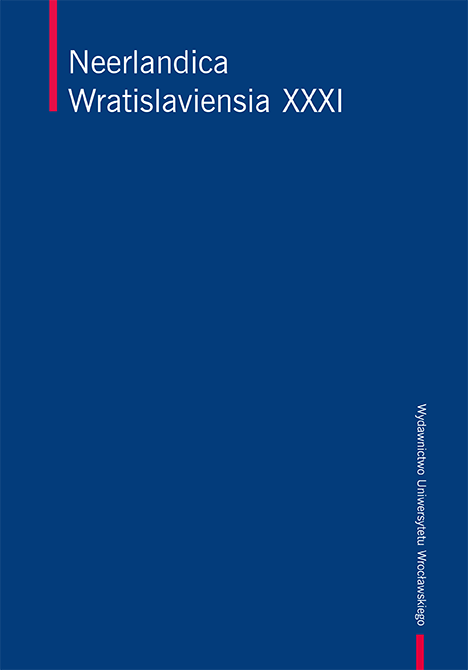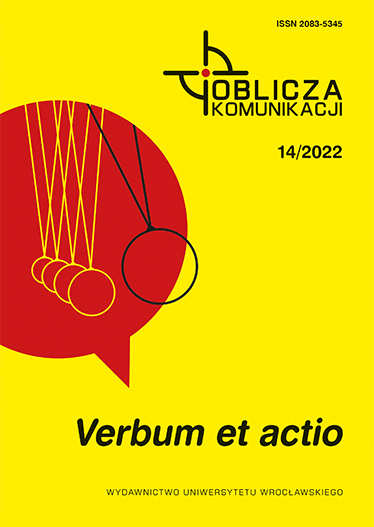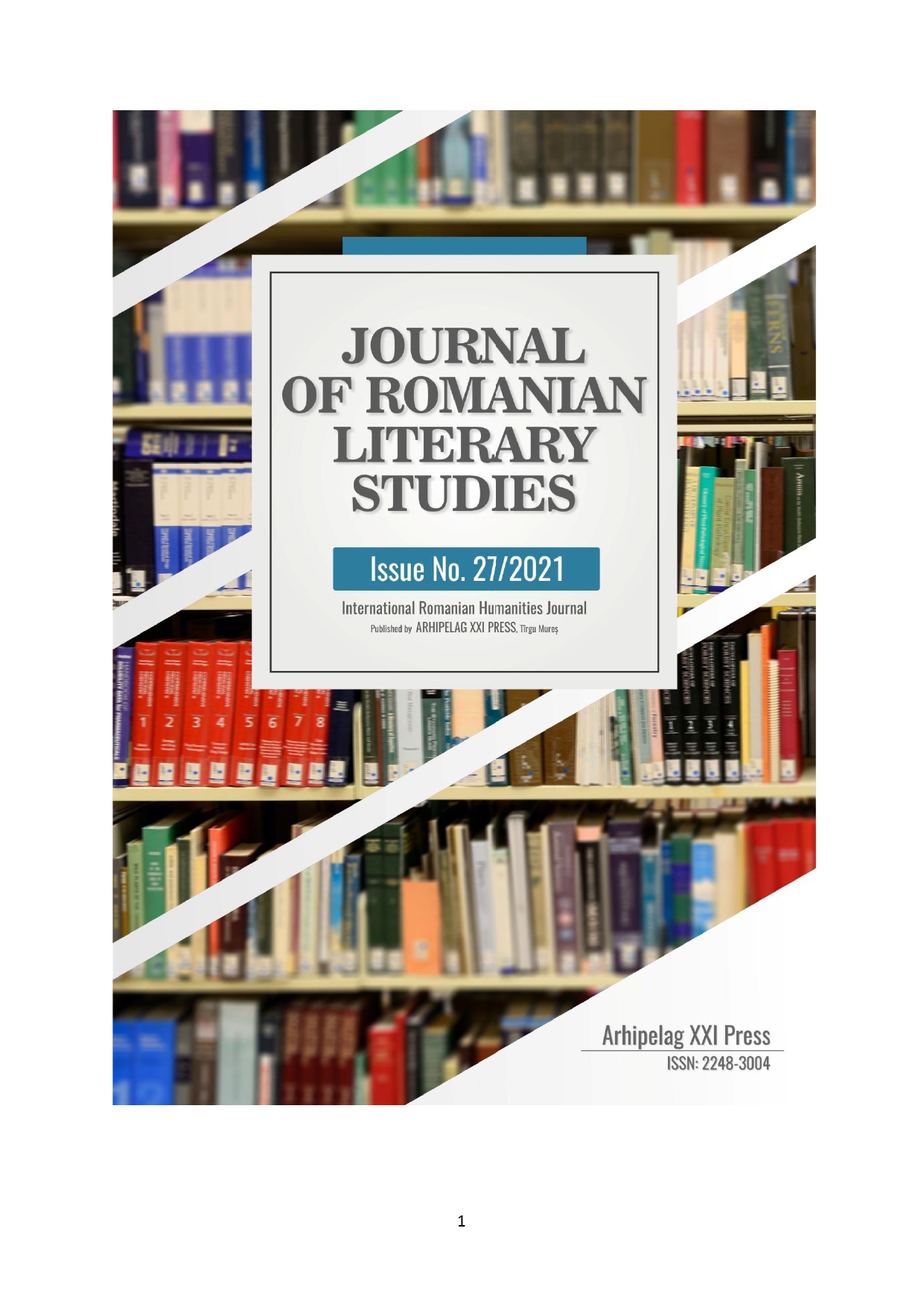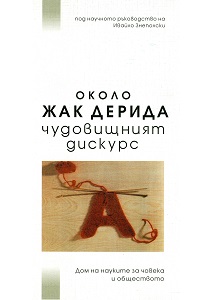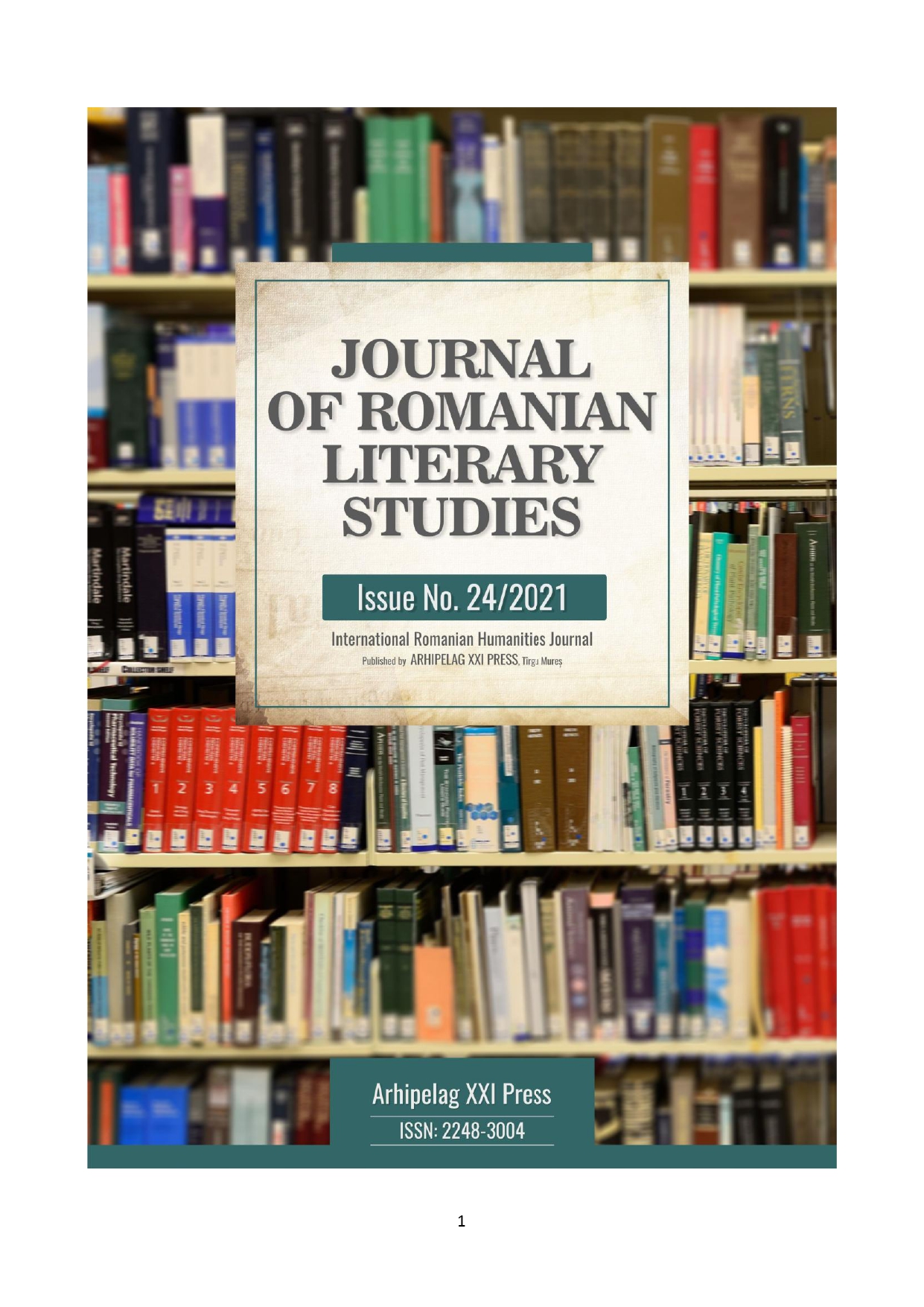
POETRY, A PERSUASIVE STRATEGY IN THE ITALIAN ADVERTISING LANGUAGE
We would like to take up in this article the emergence inside Italian advertising slogans of great Dante and two great contemporary Italian poets, Giuseppe Ungaretti and Salvatore Quasimodo, thereby paying a homage to the great Ungaretti, as last year we commemorated half a century since he passed away. Advertising designers are heading towards modern poetry, apparently deprived of any logic, fixed rhythms and compulsory rhymes, full of words, spontaneity, varied rhythmicity, an experimental poetry. Thus, they are able to remind us of some great well-known writers ‘style. Poetry in advertising grants a special tone to advertising discourse, it expresses emotion, feelings, on which every slogan relies upon, it is an original form of communication which raises the interest of the ever more distracted and absent-minded audience, inferring style both to the advertising message and to the product advertised, as well.
More...
